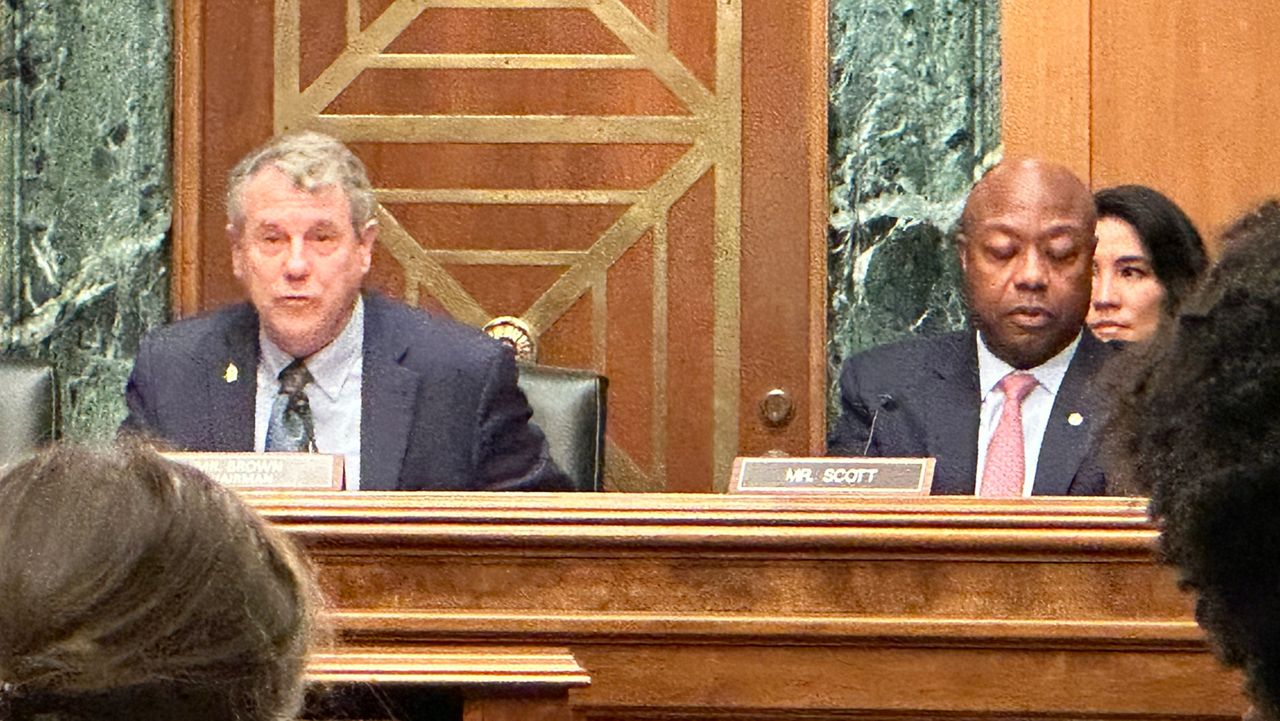COLUMBUS, Ohio — Ohio senators have passed the latest version of the state’s operating budget with a few changes.
Ohioans can expect income tax cuts if House leaders agree to that proposal. But, one of the biggest changes ever since last week includes adding in Senate Bill 83 to the budget.
What You Need To Know
- The operating budget is a total of $86 billion, tackling funding for universal school vouchers, income-tax cuts and public assistance programs, and several other provisions
- The changes voted on Thursday must be reviewed by the Ohio House in conference committee
- Nearly, $2 billion would be spent to phase in a universal voucher program over the next two years
The bill is known as the ‘Higher Education Reform Plan’ that calls for several changes to higher education. Some of those changes include banning all diversity, equity and inclusion training requirements at public colleges and universities.
It would require the boards of trustees to create policies on tenure and update the policies implemented every five years.
“In a sense, the state and the legislature and the governor is sort of like the bank,” said State Sen. Matt Huffman, (R) Senate President. “We can’t keep looking at these trustees and saying we’re going to continue to fund the same model over and over if you’re not going to take responsibility for these bad outcomes.”
“I think that is so damaging for the state of Ohio,” said State Sen. Nickie Antonio, (D) Senate Minority Leader. “Our notice, it’s only public universities and colleges, not private. That should be very telling.”
Universal school vouchers are still placed in this updated budget proposal. The senate’s plan would increase state spending on universal school vouchers to about $1 billion per year for the next two years. Antonio says the funds dedicated to universal vouchers could be harmful to low income Ohioans.
“When we got this bill, I originally had said we were hoping to see a means testing,” said Antonio."I thought it was going to be on that group, on that 450% of poverty. I thought the means testing was going to be on that. Turns out the testing was for everybody."
Meanwhile, Huffman says this budget will reduce the commercial activity tax by phasing in over two-years a $6 million dollar exemption. The commercial activity tax is an annual tax imposed on people who are doing business in Ohio. They will have a tax-cut with this version of the budget.
“Some permanent changes, including when 90% of the businesses will no longer pay any commercial activity tax, is a really big deal,” Huffman said.
The Ohio Senate has officially passed their budget plan, and now the Ohio House will look at those changes. This step happens in conference committee where House and Senate leaders meet to finalize the budget plan.
The operating budget bill needs to be signed by June 30th for appropriations to go into effect.









